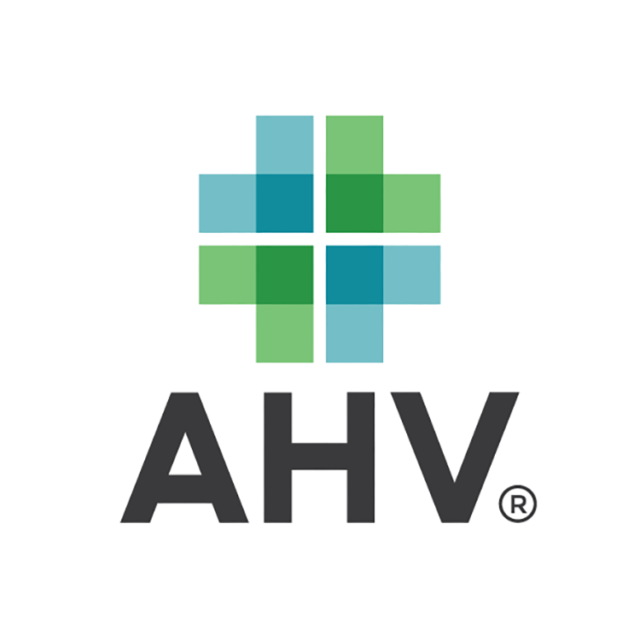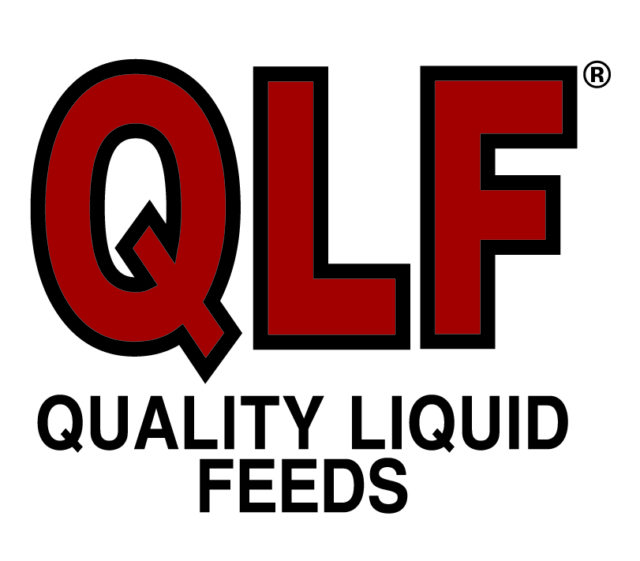Editor's note: This article first appeared in PDPW’s Dairy’s Bottom Line Tabloid, June 2012. It is referenced here courtesy of Professional Dairy Producers of Wisconsin (PDPW). Click here to read Progressive Dairyman Editor Walt Cooley's review of Great by Choice. "Think back to 15 years ago, and consider what’s happened since, the destabilizing events — in the world, in your country, in the markets, in your work, in your life—that defied all expectations. We can be astonished, confounded, shocked, stunned, delighted, or terrified, but rarely prescient.
"None of us can predict with certainty the twists and turns our lives will take. Life is uncertain, the future unknown. This is neither good nor bad. It just is, like gravity. Yet the task remains: how to master our own fate, even so."
--Jim Collins, Great by Choice
Every once in a while a business book comes along that really fits with my experiences and inspires me to want to share its themes with others. While no book is a perfect recipe for business success, I have to admit that when I read Great by Choice, it was all I could do to keep from jumping up in my seat and yelling “YES!” on the crowded airplane.
It’s a good read, and very applicable to today’s dairy owners and managers.
In this recent best-seller, Jim Collins explores why some businesses thrive and others do not. That’s not the most interesting part. What makes this book compelling for agribusiness is that the companies he analyzes operate in an environment that is constantly changing, uncertain and unpredictable.
He asks, “Why do some businesses thrive in uncertainty, and others do not?”
Similarly, we can ask, “Why do some dairy operations thrive in uncertainty and others do not?”
You know the kind of dairy industry uncertainty I’m talking about. Contrary to a generation ago, many of our challenges come from outside the farm gate, outside our control:
- Market volatility for both milk and inputs;
- Regulatory pressures and uncertainties;
- Social pressures threatening your license to operate.
Business, market and geopolitical turbulence is not going away, and if today’s dairies want to survive and even thrive in the future, they’re going to need a realistic perspective on the operating environment, and a new set of leadership skills.
Perspective on chaos
Collins dubbed the “great” companies in his research “10Xers” because they built enterprises that exceeded their industry’s averages by at least 10 times, despite operating in chaotic, uncertain environments.
The first defining characteristic of the 10X companies is that “they accept, without complaint, that they cannot accurately predict events, and that nothing is certain.” Yet, they reject the idea that external factors determine whether they succeed or fail. They accept chaos and put their energy into managing through it.
I’ve seen this quality among our clients (many of whom are PDPW members). They do not try to predict where the markets are going to go. They do not hinge the success or failure of their business on market prices in any given year. Instead, they manage through volatility. They believe that they create their own future.
Core behaviors of 10X leaders
Armed with this perspective, 10X companies display three core behaviors that help them stand out among other companies, Collins observed.
- Fanatic discipline—focus with consistency of action.
- Empirical creativity—bold moves based on evidence, not other people’s opinion, projection or emotion.
- Productive paranoia. The 10X companies believed that the next disaster (market plunge, activist video, etc.) was right around the corner, even during the good times.
The “productive” part of this paranoia is that they “channel their fear and worry into action, preparing, developing contingency plans, building buffers and maintaining large margins of safety,” Collins writes.
What do these behaviors look like in today’s professional dairy producers? I think you can make the applications where production is concerned.
When it comes to my area of expertise, volatile markets, I can tell you that our most calm, confident clients are fanatically disciplined about the way they approach the markets. The discipline allows them to get creative with strategies, and, parallel with Collins’ thinking, strategy decisions are always rooted in the numbers.
Therefore, these successful marketers evaluate the achievements or shortcomings of their marketing decisions not based on emotions of the moment, but on their current weighted average price and its real impact on the business. Furthermore, they don’t abandon their marketing goals because times are good. They recognize that an adverse price move could be right around the corner.
Above and beyond these core behaviors, Collins goes on to describe the leaders of 10X companies as “passionately driven for a cause beyond themselves.”
The 20 Mile March
A final highlight of Great by Choice is Collins’ concept of the 20 Mile March, which 10Xers did consistently over time despite volatile environments. This means steady, measured progress vs. sprints that exhaust you and overextend resources.
Once again, I do not need to tell dairy producers that they need measured progress and stamina to succeed. Production success requires these traits day in and day out. (Marketing success does require some reminders, however, because there is the constant temptation to jump in and out of the markets.)
From where I sit, the 20 Mile March for the dairy industry is really self-control in an uncertain environment. By this I mean cautious, measured expansion on your terms—what is right for you—not based on outside forces like milk price.
Cycle after cycle, we see expansions as the price is going up, only to cause great pain because prices crash and the decision to expand was based on milk price, not the host of other factors that must be considered.
This is perhaps a generalized statement, however, when you read Great by Choice, you will see what I mean. When prices are high, your time is best spent in productive paranoia, planning for alternate scenarios, so you can understand what an expansion would mean if your environment changes.
“Failure to 20 Mile March leaves an organization more exposed to turbulent events,” Collins writes.
Collins also notes that 20 Mile Marchers left some growth on the table, always assuming that something bad lurked just around the corner. So they remained steady and disciplined during good times, thereby ensuring they wouldn’t be caught overextended.
If that sounds pessimistic, it’s not meant to be. Remember, all these companies studied were successful for long periods of time, and their leaders were able to pass along something bigger than themselves to a new generation of leaders. That’s right in step with what most dairies hope to do.
So let’s march on. PD
Scott Stewart is president and CEO of Stewart-Peterson Inc. based in West Bend, Wisconsin. There are no guarantees that these practices will translate into successful marketing.





